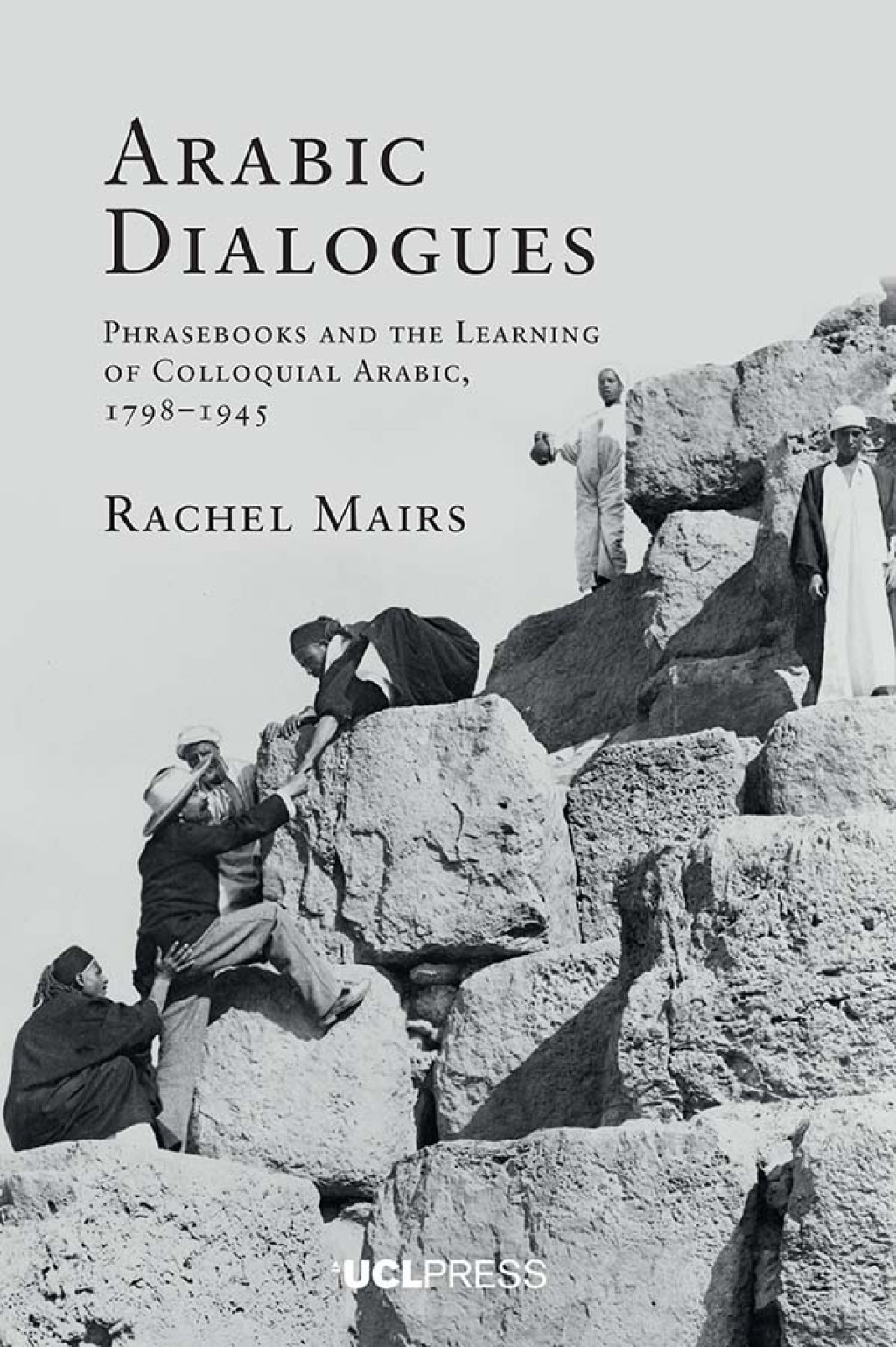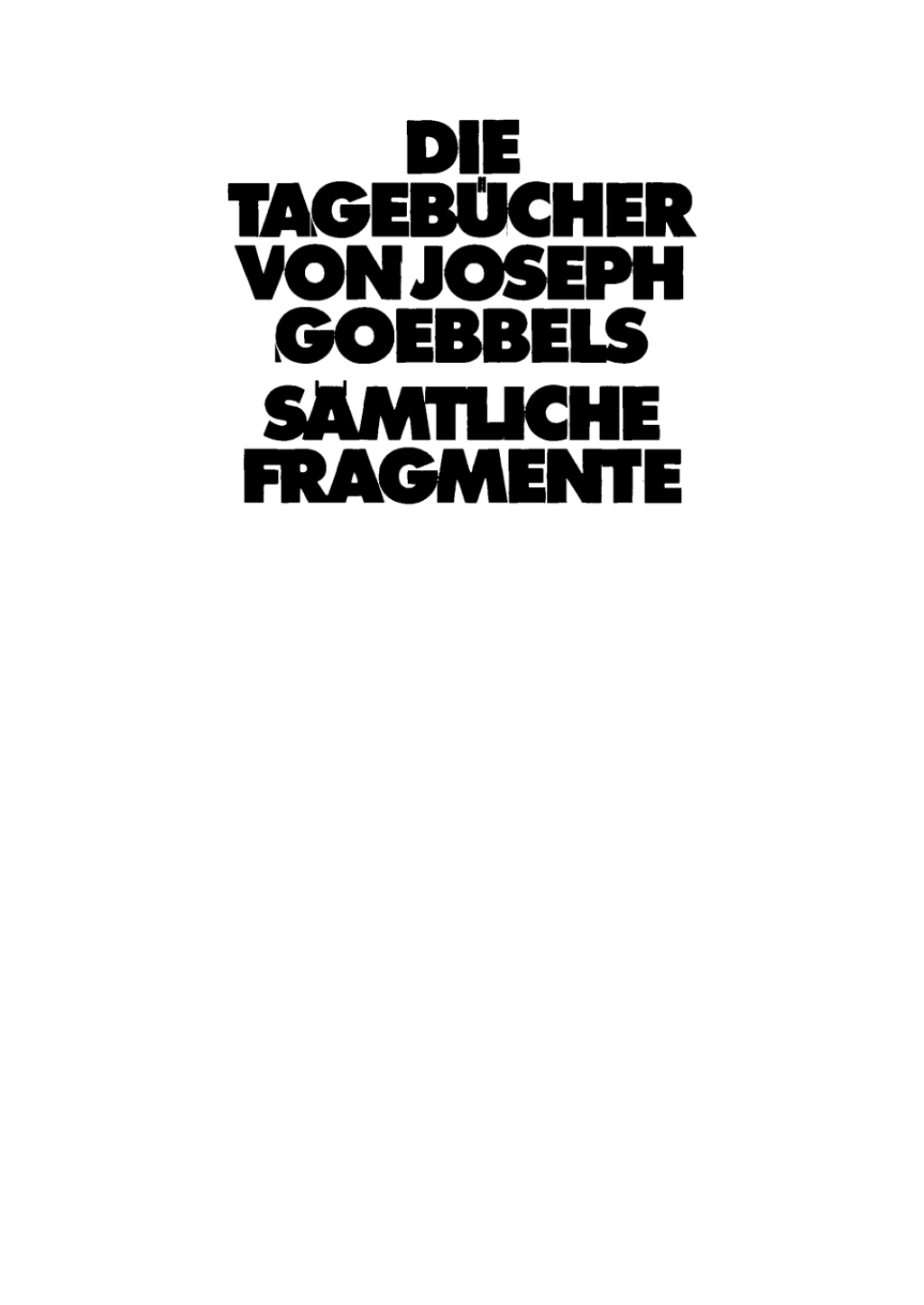Description
During the nineteenth century and into the early twentieth century, more Europeans visited the Middle East than ever before, as tourists, archaeologists, pilgrims, settler-colonists and soldiers. These visitors engaged with the Arabic language to differing degrees. While some were serious scholars of Classical Arabic, in the Orientalist mould, many did not learn the language at all. Between these two extremes lies a neglected group of language learners who wanted to learn enough everyday colloquial Arabic to get by. The needs of these learners were met by popular language books, which boasted that they could provide an easy route to fluency in a difficult language.
Arabic Dialogues explores the motivations of Arabic learners and effectiveness of instructional materials, principally in Egypt and Palestine, by analysing a corpus of Arabic phrasebooks published in nine languages (English, French, German, Spanish, Portuguese, Italian, Yiddish, Hebrew, Russian) and in the territory of twenty-five modern countries. Beginning with Napoleon’s Expédition d’Égypte (1798–1801), it moves through the periods of mass tourism and European colonialism in the Middle East, concluding with the Second World War. The book also considers how Arab intellectuals understood the project of teaching Arabic to foreigners, the remarkable history of Arabic-learning among Yiddish- and Hebrew-speaking immigrants in Palestine, and the networks of language learners, teachers and plagiarists who produced these phrasebooks.






